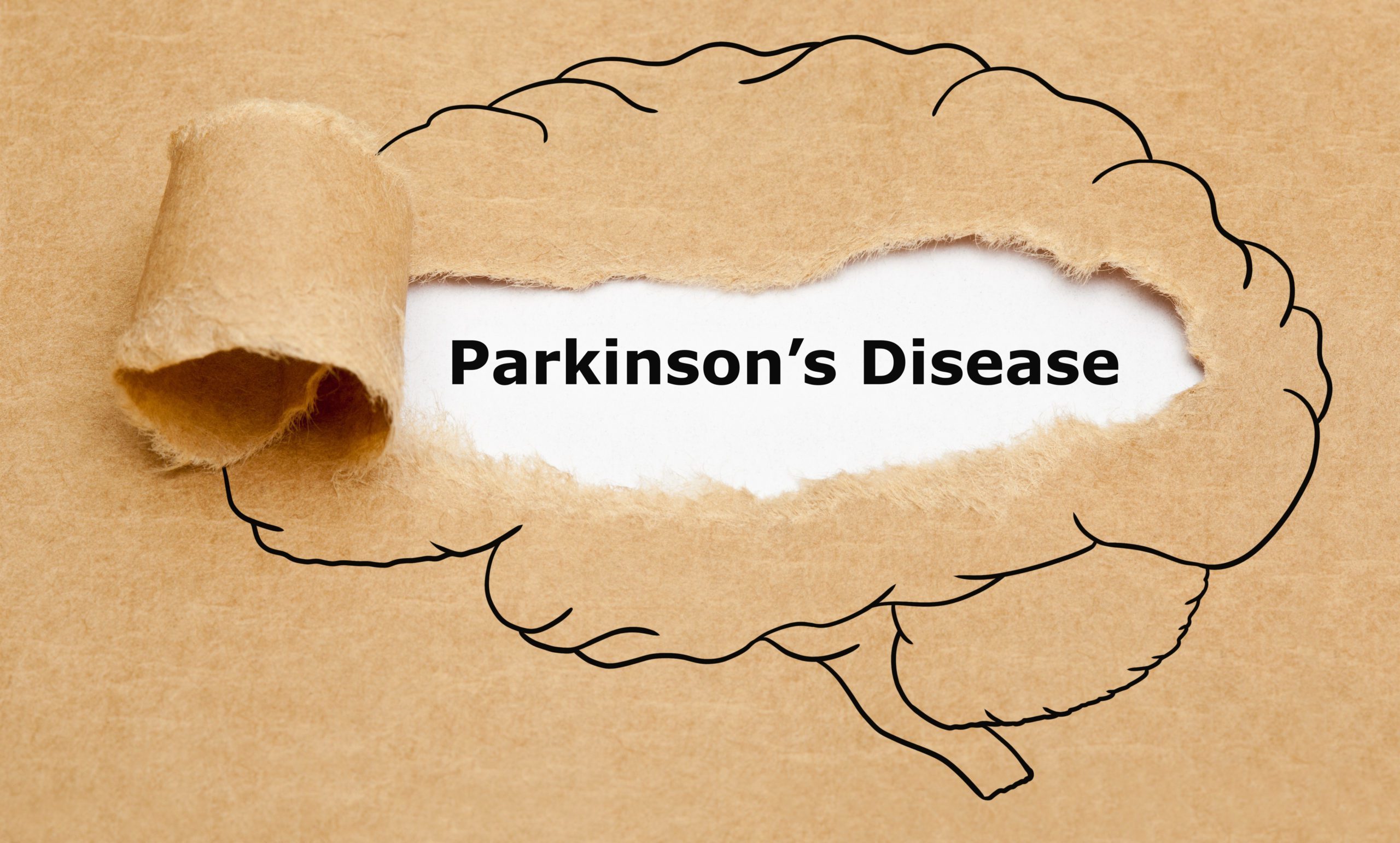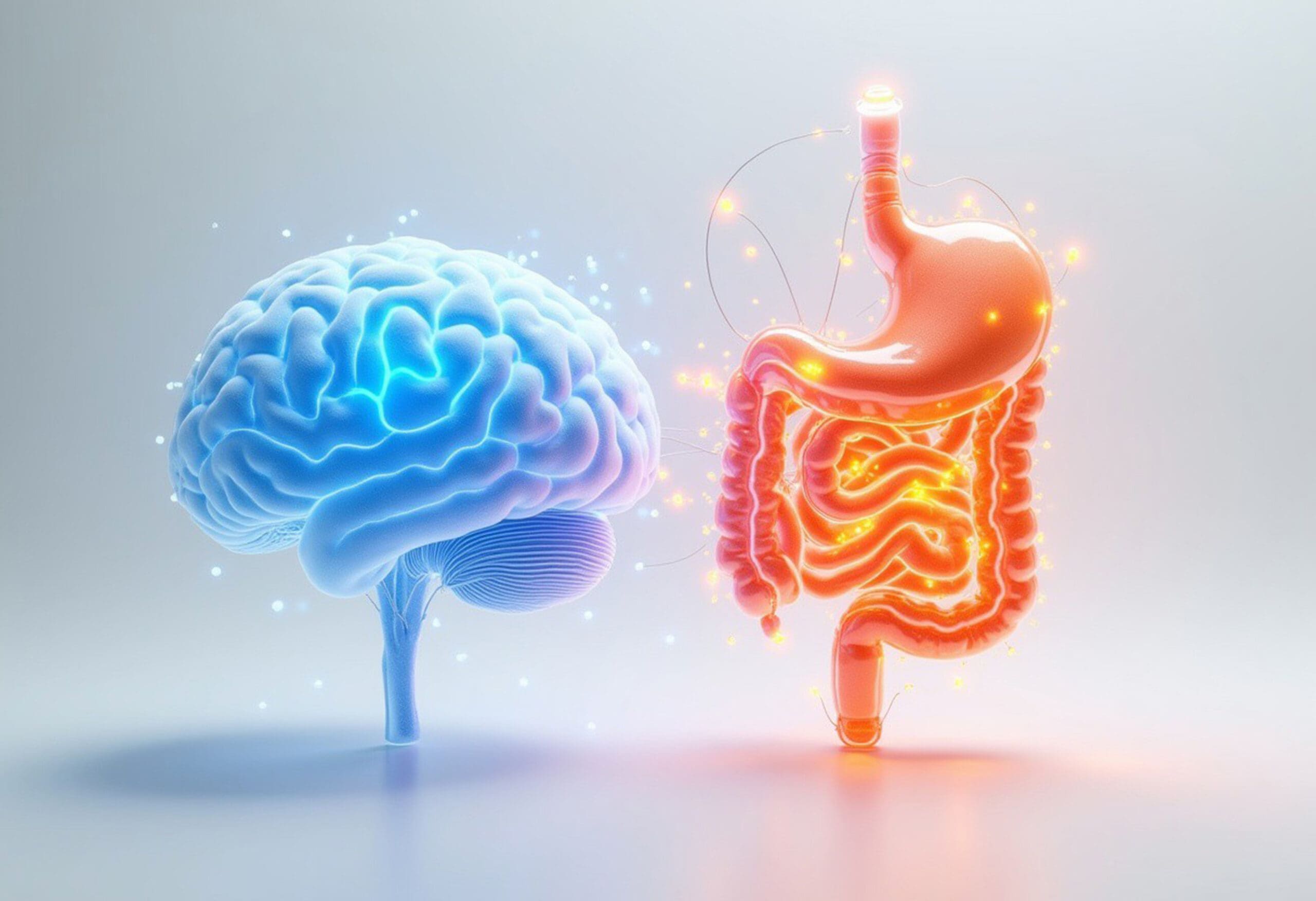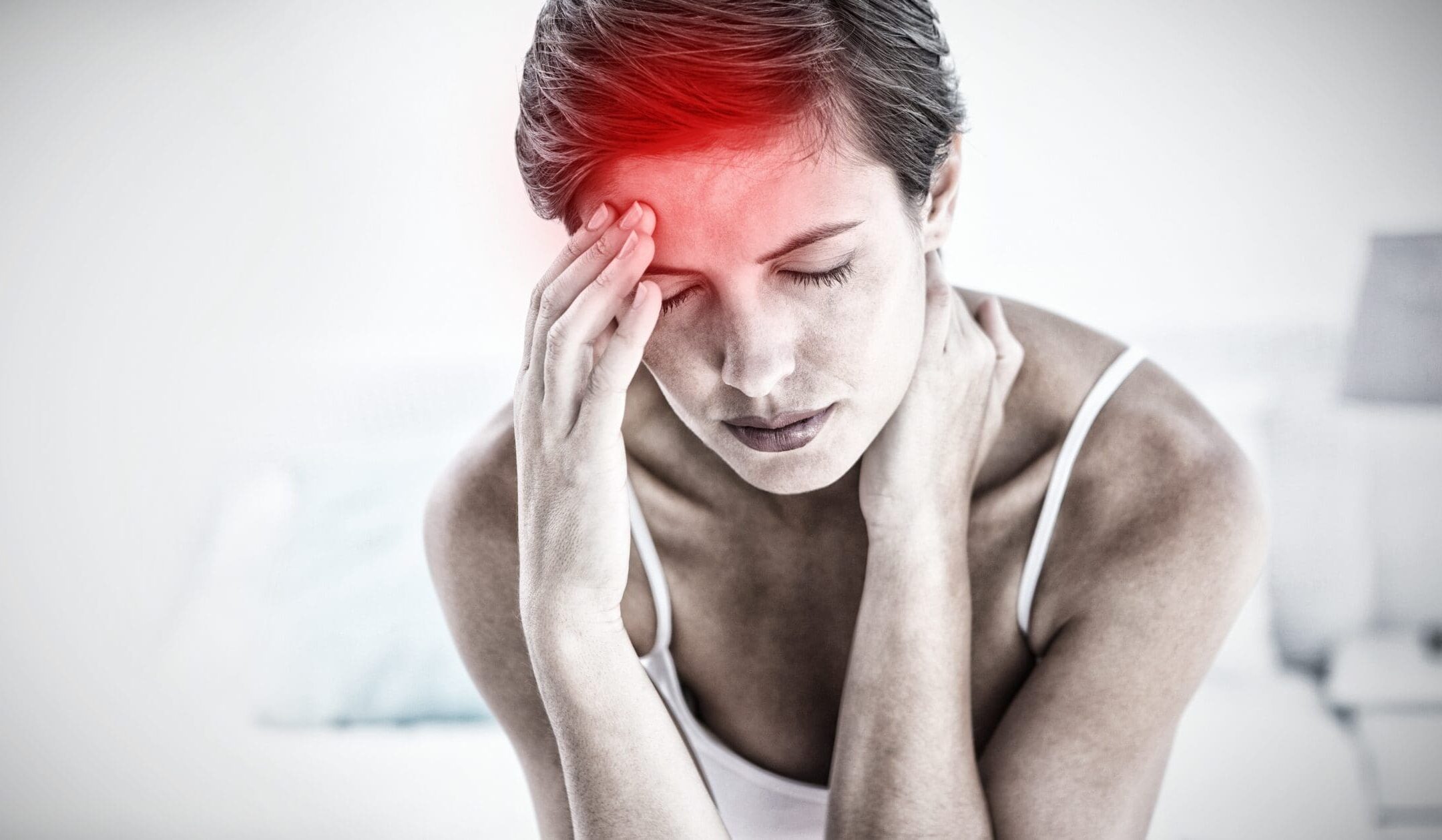Low cholesterol may raise Parkinson’s disease risk
By naturopath Margaret Jasinska
Cholesterol is a very important substance in your body. Your liver can produce all the cholesterol your body requires, and you can also obtain it through your diet by eating animal foods. Not enough attention is given to the potential health consequences of inadequate cholesterol in the body.
According to Dr Kailash Chand, deputy chairman of the British Medical Association, people who take statin drugs are more than twice as likely to develop Parkinson’s disease than those who don’t. Cholesterol is very good for you. It has a vital role in protecting your brain and nervous system. Lowering it too far can have devastating effects on the health of your brain as you age. This particular study was carried out over 20 years and involved almost 16 thousand people.
In Australia, approximately four people per 1,000 have Parkinson’s disease. The incidence increases to one in 100 over the age of 60. According to experts, if every person who has been recommended a statin took it, there could be an extra 150,000 people with Parkinson’s disease. Statins are currently recommended for up to half of all adults over the age of 50. These drugs may be doing many patients more harm than good.
Cholesterol is an essential component of cell membranes with the brain containing the highest levels. The fatty molecule is involved in nerve cell communication and is part of myelin, the fatty sheath that surrounds nerve fibres. Researchers believe that impairment in how cholesterol is processed may be related to neurodegenerative processes in the brain. Not all cases of low cholesterol are caused by medication. Some people naturally produce insufficient levels. This is common in people with chronic fatigue syndrome, and those with chronic poor gut health. Other studies have shown that those with the highest blood HDL “good” cholesterol levels have an 11 percent lower risk of Parkinson’s than those with medium concentrations.
When we consider a patient’s cholesterol level, we need to look at it in the context of their overall health.
High cholesterol can be a health threat if the following are also present:
- Elevated triglycerides
- Abdominal weight gain
- Low HDL “good” cholesterol
- High blood pressure
- High blood sugar
- High C-reactive protein
- Elevated homocysteine
- Existing heart disease and a history of having a heart attack
These are indictors of poor metabolic health – ie. Insulin resistance and fatty liver. If your liver is healthy and the points above do not apply to you, you may not need to worry about your cholesterol level. This is general advice though, so please consult with your own doctor because your circumstances may be unique.
Parkinson’s disease is only one possible complication of statin drugs; others include an increased risk of cataracts, type 2 diabetes, memory loss, muscle pain, erectile problems and fatigue. Dr Chand went on to say: “The risks of side effects of these drugs are far greater than any potential benefits and it is high time these drugs were restricted in the low-risk population and only given to people with existing heart disease.”
There are other heart disease risk factors besides cholesterol. Inflammation, autoimmune disease and diabetes can all play a major role in increasing the risk of cardiovascular problems. For more information see the book Cholesterol: The Real Truth. Please don’t discontinue any medication without consulting your own doctor.









Leave A Comment